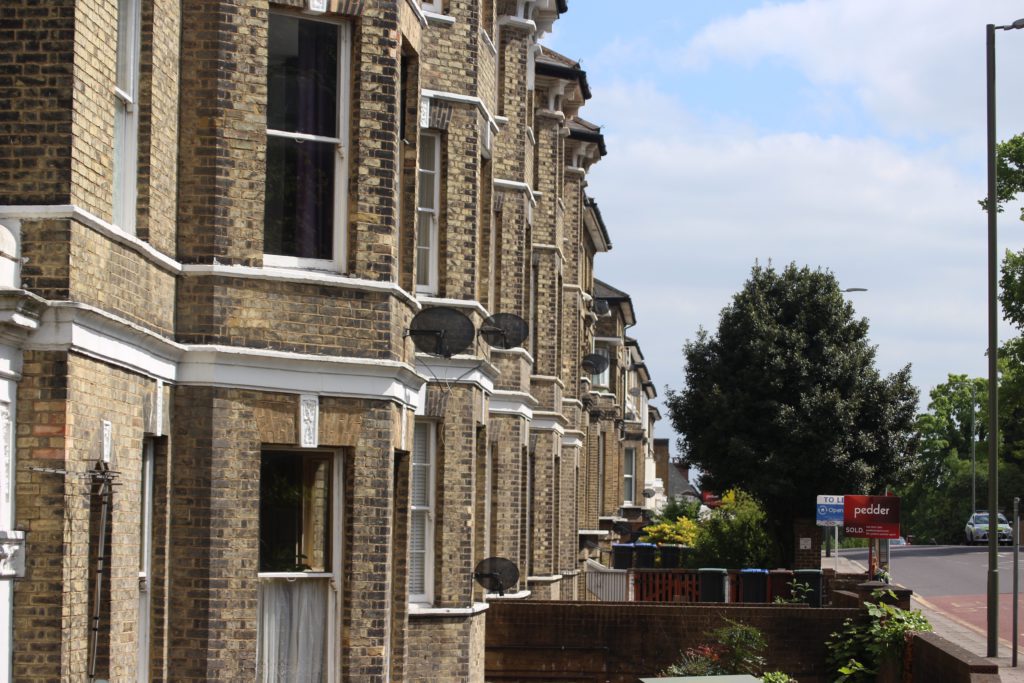Housing experts at the London School of Economic (LSE) have given a qualified welcome to London Mayor Sadiq Khan’s draft housing policy, saying it has “many sensible and commendable policies” but warning that the intended effects of its “very large number of goals, tools and policies” aren’t always clear and regretting a “major missed opportunity to argue for limited, selective intervention in the Green Belt” to enable greater housing supply.
Emerging from a round table discussion held last month that was also attended by academics from other institutions and research centres, the formal response from the LSE’s specialist London unit gives an overall welcome to the aspirations the draft strategy lays out, commending the Mayor’s intention to “intervene more directly in the land market”, the draft’s emphasis on diversifying the housebuilding industry to the benefit of smaller firms and its support for new forms of housing development, such as cohousing schemes, where residents combine private accommodation with communal space.
However, it regrets what it calls “a political decision” not to use the strategy as an opportunity to exert “real influence” over the Green Belt and make the case for reviewing its boundaries, potentially enabling “a more rational and efficient use of costly transport infrastructure” and “truly visionary world-class” development schemes.
Suggestions of incursions on the Green Belt, which was put in place some 60 years ago, have long been a toxic for politicians. Khan faced accusations of threatening what the LSE academics call its “sacrosanct status” from his Conservative opponent during the 2016 mayoral election campaign.
The response also raises a number of issues about the draft’s view that addressing London’s housing needs depends on increasing housing density, especially in the outer suburbs – an approach whose presence in the recently published draft London Plan, the Mayor’s master planning document, that has won support from campaigners and observers.
“Increased planning densities have not in the past led to increased housing output but rather to less land being used,” the response says, adding that the housing strategy may need to take more account of traffic congestion arising from large scale developments and that “there is often an assumption that higher density and high rise are fundamentally the same thing, but in fact there is very little connection”.
While pleased by the Mayor’s “threshold” approach to affordable housing provision from private developments (set at 35%, designed to fast track delivery) and his acceptance that meeting his long-term strategic target of 50% across all housing supply will require government or housing association subsidy, the LSE experts think there is “a strong case for detailed monitoring and analysis of what is actually occurring” in terms of housing market reaction. This sits alongside a general observation that the final strategy should give more emphasis to making clear the “relative potential” of the policy changes proposed.
Recognising that the Mayor has no direct powers over private renting, the response applauds his stating that most landlords in the sector provide a good service and agrees with him that there is “a strong case for longer term – we would argue indefinite – security of tenure for most leases”.
Read the LSE London response in full here. The consultation period for the Mayor’s draft housing strategy has now closed.

